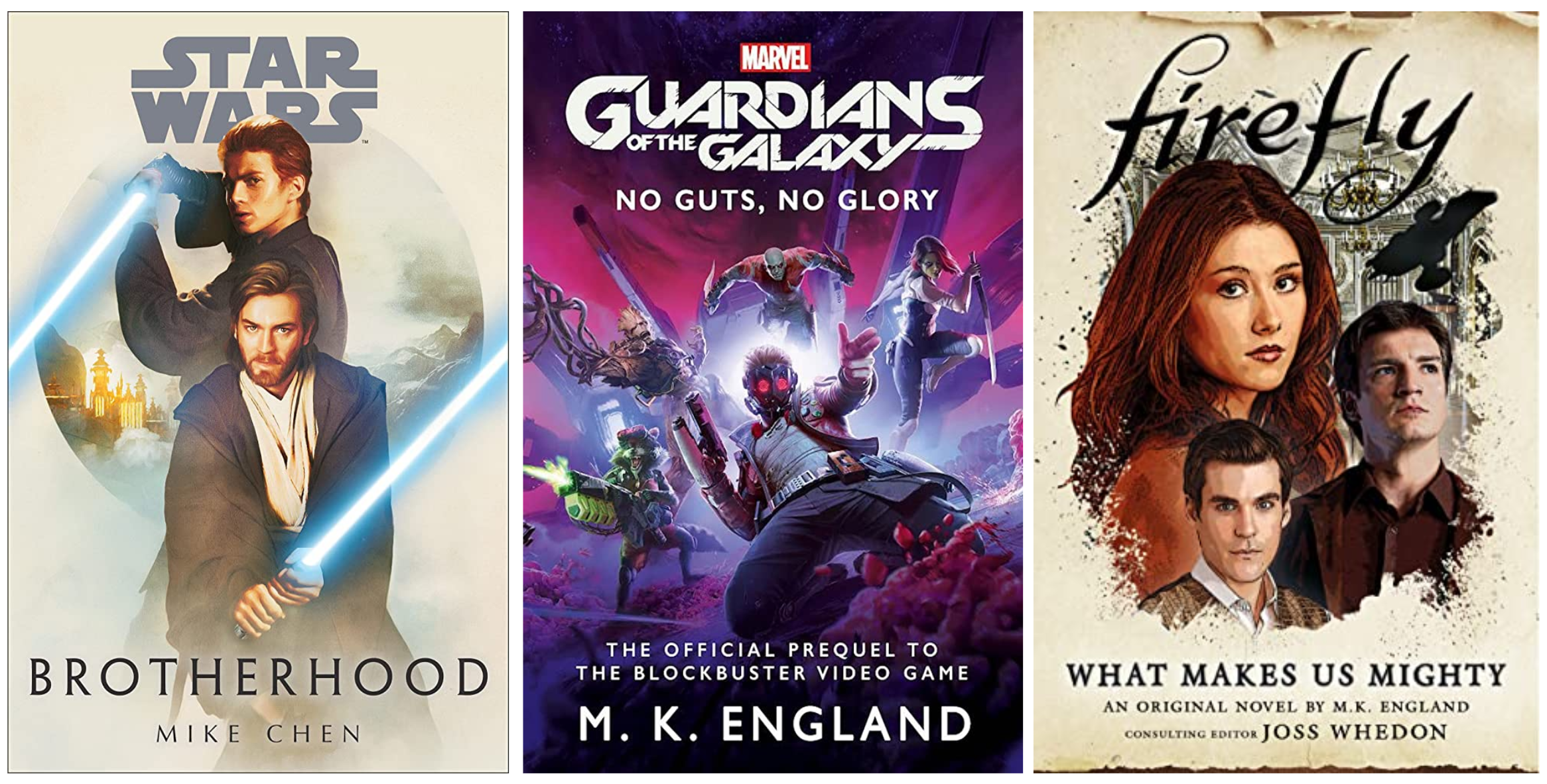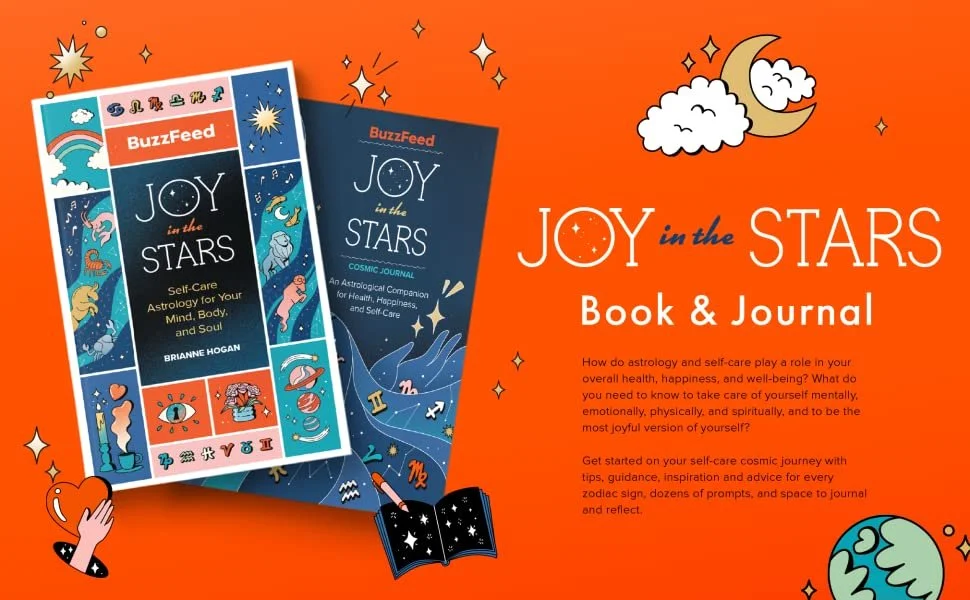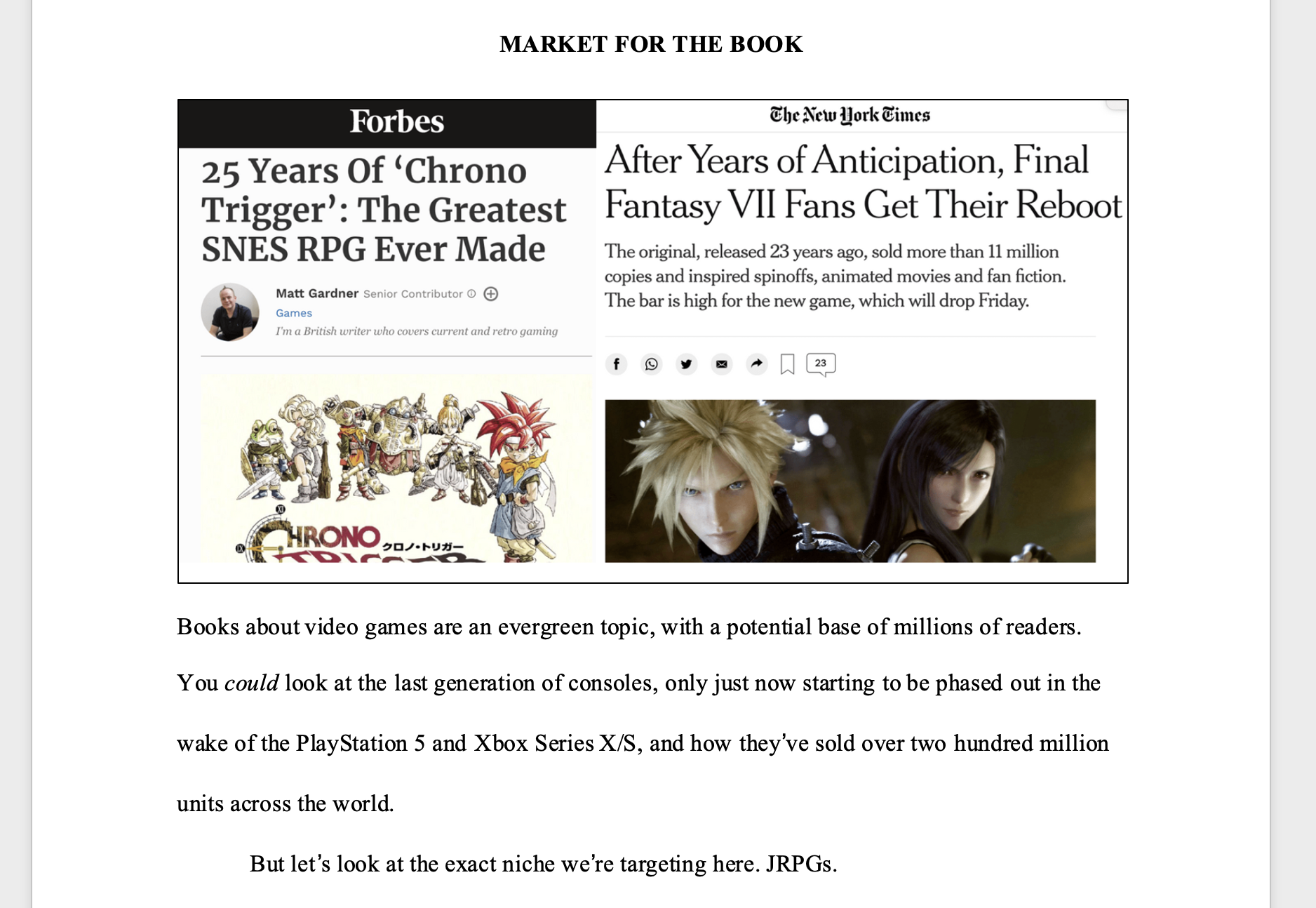Now, it isn’t impossible to land an IP project as a new writer. There are a few routes you can take here, and we’ll talk about them… but those routes mostly consist of making yourself be seen.
One of the best ways, is establishing yourself as an expert and a fan. It works in non-fiction, and it works in fiction too.
To some extent, this what happened with Mike Chen and Amy Ratcliffe, when they were asked to be in the Star Wars Empire Strikes Back anthology. Being vocal Star Wars nerds, put them on the editor’s radar. As an editor at Nerdist and a frequent non-fiction writer in the geek space, Amy was absolutely making herself seen there. And Mike had written extensively about his love of Star Wars for outlets like The Mary Sue.
This is also something that’s common in the comics space. I would absolutely love to dig deep into all of that with you, dear blog readers, but that’s not a place I’m particularly knowledgeable in. So I’m turning to some pros there.
I asked client and pal Mary Kenney to chime in on this, who you might know from her work in video games (Marvel’s Spiderman: Miles Morales), her wonderful books (Gamer Girls), or the comics she also writes. She does… a lot. How do you get yourself noticed for these kind of things?
“You don’t have to turn into a hype man, but mentioning your hobbies & fan loves on Twitter, TikTok, Insta, wherever you hang out can catch editors’ eyes and make them seek you out for an upcoming project. This most notably worked for me on Godzilla, after I live tweeted my husband and me doing a Godzilla movie marathon.”
Stephanie Williams, another client of mine who works on DC Nubia: Queen of the Amazons comics and Marvel’s Wakanda, had some similar things to say here.
“I was approached because of the writing I’d done at SYFY FANGRRLS, which included a piece I wrote about some of the best male butts in Marvel Comics. It doesn’t get any more passionate than that. So, yes, I would definitely say being passionate about the things you like and even the things you don’t like is essential, but the X-factor there is having something more to say than “this is good, or this is bad.”
“When talking or writing about comic IPs, you should lean into giving those takes from your unique perspective. That’s what I did. It showed editors I had something to bring to their sandboxes to refurbish sandcastles or even build new ones.”
But now that you’ve gotten yourself through the door, and have an editor’s attention regarding an IP you’re passionate about, whether it’s comics or a book, what then? Mary Kenney chimed in on this too.
“Go deep on your first batch of pitches: I’ve seen a lot of people lose an editor in that murky phase between the editor discovering you and you sending your first batch of pitches. In that initial patch, make it clear you’ve done your homework. Don’t reach for the most popular themes and characters - look at the themes and characters that have often been sidelined. How can you go deeper? What can you add to the existing canon? Even if none of those pitches are picked up, it shows the editor you know the IP and are willing to dig into the research.”
The advice here, even though it’s skewed towards Steph and Marys’ experience in comics, also applies to novels. Being visible in those spaces, writing in those communities, going deep when it comes to your pitches… great advice to hold onto here.
I nudged Britny Brooks over at Running Press, who I’m lucky enough to have a whole bundle of projects with, what she looks for as an editor, when it comes to IP.
“Regardless of whether it is an in-house idea or a licensed IP project, I’m always looking for a writer who is a fan or a knowledgeable, accessible voice in the space, topic, or fandom that I’m working in. I’m constantly looking at bylines on articles that I’ve enjoyed or checking out who worked on the books I’m using as comps and then finding them on social media.”
“I also just dive into hashtags or social media threads/categories to find those passionate people out there creating and talking about whatever it is I’m interested in. Having a platform or large audience/follower numbers are nice, but often a writer with a strong voice, creativity, passion, and willingness to collaborate are what really seal the deal for me. Recommendations help too!”
Quick aside, I love this note from Britny. All too often authors think they need a massive social media following, but having a bold and unique voice is just as important.
Okay, back to the pro.
“Lately, I’ve found some great writers via writers groups on Discord where someone says, “Hey, I know someone who would be great for that project. Can I send them your way?” and the answer is always, yes! Of course, then I need a sample and sometimes a proposal.”
Friends, I cannot stress the importance of community in the bookish and writerly space. Take the time to connect with folks like Britny and the writers around you. You’ll hear when they are looking for folks far sooner.
A continued big takeaway here from this is community and showing you’re a fan of that space. I nudged Tom Hoeler about this, an editor at Random House Worlds who I’ve been lucky enough to work with on Mike Chen’s Star Wars title and the participation of a few of my clients in his anthologies:
Editors for IP tend to look for a few things. First (perhaps obviously) is an interest in the IP. Generally you want folks to come write in a world or a sandbox that they are keen on and really enjoy. And a few details about what aspects of that IP the author most enjoys is always helpful as well, to get a better image of them.
This is not to be confused with expert knowledge. Someone can be a big fan of an IP and not have an encyclopedic knowledge of it. That’s not a requirement for entry.
The next thing editors like me look for are really examples of their work, samples of their voice as an author.
I’ll chime in more on this in a minute, friends.
When we look for authors to hire, usually we’ll start with a basic story frame and some themes or goals we want to achieve. And we then try to match those to a specific author, based on their skills, their voice, and their strengths as a writer. The best way to identify and learn those things, is to read material that an author has written.
Put more simply, when I look to hire an author for a story, I’m hiring them for their story, their voice, and their perspective on the IP. And reading stories they’ve already written gives me the best impression of all of that.
And much like an editor like Britny, Tom also finds writers online.
As for the internet, that’s often a place that I make “first contact” with perspective authors, usually via them sharing their interest/joy for the IP that I work on. Sometimes in the general, and some times specific to a character, event, time period, etc. I’m less focused on just writers making wishlist tweets of writing a specific character or filling in a specific lore beat for an IP, but it’s a great way to find folks who are interested and use that as a stepping point for exploring their original work, and their perspective on the world widely.






























